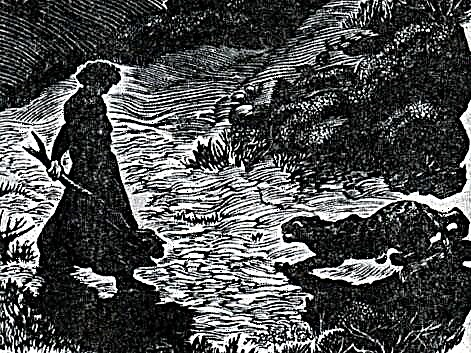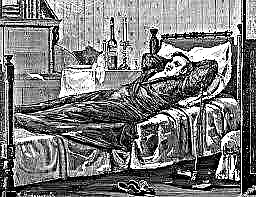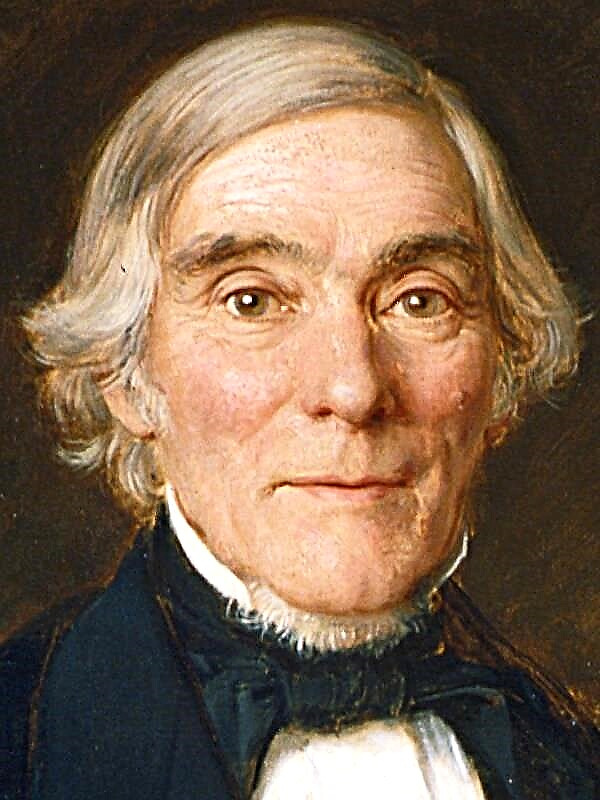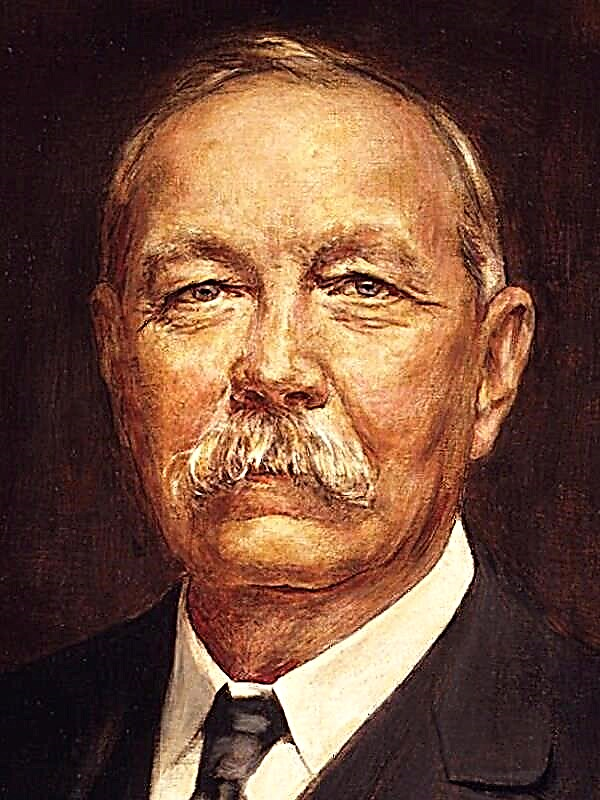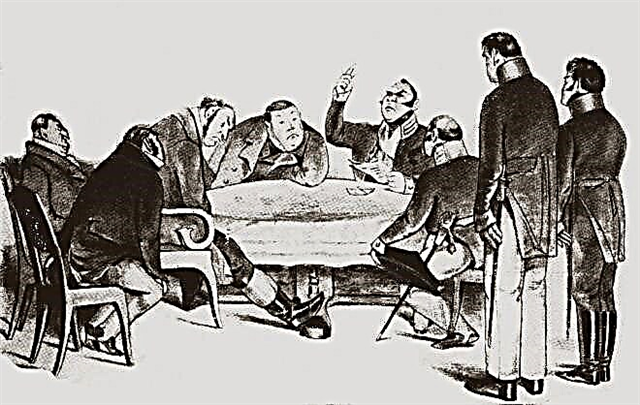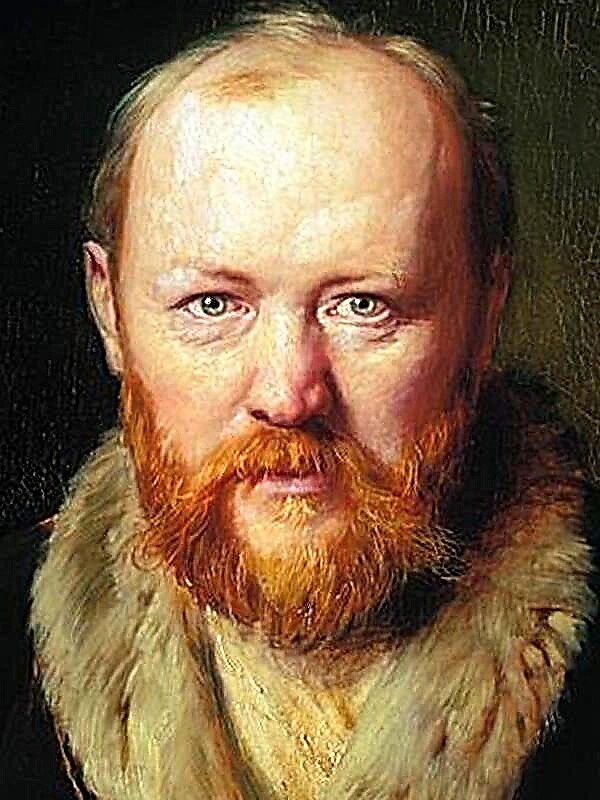Share
Pin
Tweet
Send
Share
Send
This selection of arguments lists the main problems regarding beauty from texts for preparing for the exam in the Russian language. Examples from the literature, located on the headings with the wording of the problem, will help graduates to collect the necessary material, which will help out at a crucial moment. All arguments can be downloaded in the table, link at the end of the article.
Inner beauty
- The most popular and famous image of a woman whose beauty is visible in her actions and emotional experiences is the Turgenev girl. She is very feminine, it may be ugly at first glance, but there is something special and elusive in her. Such heroines read a lot and even sometimes go away from reality. But at the same time they are strong in spirit and sacrificial, to such an extent that they are ready to sacrifice their lives, and, often, they are stronger than any male hero. Turgenev even has a well-known (poem!) In prose - “The Threshold”, in which a woman sacrifices herself instead of men and renounces everything. Other similar heroines are more familiar to us, because they are written in prose, for example, Asya, a young girl of the same name Turgenev’s novel. Unlike an adult and experienced hero, she is not afraid of her feelings and goes towards them, not being afraid to get burned. In this passion, power and emotionality lies the highest beauty.
- Composition Charlotte Bronte named after the main character - Jane Eyre. This girl has an elusive attractiveness, Christian purity and, most importantly, the strength with which she experiences illness, hunger, poverty and love shocks. Outwardly, she is inconspicuous, the slender orphan from the shelter, where the children were beaten and starved, did not differ with special grace and grace. However, in her big and kind heart, there was always a place for strangers to whom she joyfully helped and dedicated all of herself. For example, the heroine devotedly loves the crippled Mr. Rochester and heals him with her affection. At the end of the work, she gains the happiness and love that she has suffered and deserved.
- While contemporaries Shakespeare the sonnets wrote “like a carbon copy”, admiring the girls for their appearance and making some inanimate dolls of them, the poet decided to make fun of all these patterns in his 130 sonnets. It begins with the words "her eyes are different from the stars ...". The author shows us an ordinary girl who does not shine with beauty, she is just alive and real. Shakespeare shows us that creativity is not only something sublime, but also something down to earth, close to an ordinary person. In his beloved, he saw not the patterned gloss of secular living rooms, but a rich nature that is spiritually close to him. In this proximity, he saw genuine beauty, and not the lie of pompous comparisons.
Inconsistency of external and internal beauty
- Leo Tolstoy in the epic novel "War and Peace" showed a girl who was as beautiful as her disgusting character. This is Helen Kuragin. It was she who seduced Pierre Bezukhov, a man completely opposite to her both externally and internally. It was rumored that almost a brother was flattered by her. She knew how to use her beauty adroitly, it cost her nothing to extract huge sums from her unhappy husband, blackmail and mock him. And there is one important detail that tells us about Helen. Leo Tolstoy considered children happiness and the highest good; at the end of the work, children appear among the heroes who, according to the author, have come to happiness and the right path. But when Helen notices his rounded belly, he does not rejoice at it, but tries to get rid of it, and this, according to Tolstoy, is a terrible sin. Such a person is not worthy of the child and the happiness that he brings. Helen's death is described sparingly, the character is simply inferred from the novel.
- In Yesenin's poem "You do not love me, you do not regret" we are shown a Helen-like image of a libertine. The girl, whose love "burned out" and died out, falls in love with others and says goodbye to them without regret. Yesenin does not scold her, because he leads a similar lifestyle. The vice of frivolity in a poem is an easy reproach, or rather, the author’s conversation with himself. In it, the author distinguishes between attractiveness and true beauty, which manifests itself in the soul and mind, and not in ostentatious passion.
- Roman O. Wilde "Portrait of Dorian Gray" completely devoted to the problem of beauty and its value. The protagonist Dorian, although it has extraterrestrial beauty, but his actions and words speak of spiritual poverty. He takes the girl to suicide, walks on dens, and at the end of the work decides to kill. He is trying to fix everything, but this is seen only in vain motives. He saved the body, but destroyed the soul. Therefore, death throws off the mask, and before society appears not a secular dandy, but an ugly old man mired in vices.
The effect of beauty on personality
- The ability to see the beauty around speaks about the inner beauty of a person. A striking example is Andrei Bolkonsky from Tolstoy’s epic novel “War and Peace”. It is at the moment of spiritual enlightenment that he sees nature and the sky, "Infinite Sky". The hero feels that everything around is “empty”, human life and happiness in the family, home, the ability to forgive and love. Thus, the beauty of the landscape has a healing effect on the person. It helps to realize the true values, to develop an aesthetic feeling and to look deep into yourself.
- Love for the homeland helps Block see her peculiar beauty. In the poem "Russia" the poet speaks of “robber beauty”, when everything is poor, gray huts and slack ruts around. He feels an elusive look, hears a "coachman's song", and in this he sees all of Russia. The beauty of the landscape, inaccessible to many eyes, helps to understand the nature of the native country, its people and history.
- On the ability to see and admire beauty, she writes Fedor Tyutchev in the poem "Not That You Think, Nature ...". The story of the author sounds like a fairy tale, but in it lies the deepest meaning. Tyutchev strives to remind people that everything has a soul. The poet brings something unique and new to the ordinary picture, tries to show the reader the world hidden from his eyes, and to awaken in him admiration and love. When we learn to understand and appreciate the world around us, humanity will change its attitude towards the house and will respect it.
Share
Pin
Tweet
Send
Share
Send


 Thinking traps
Thinking traps
